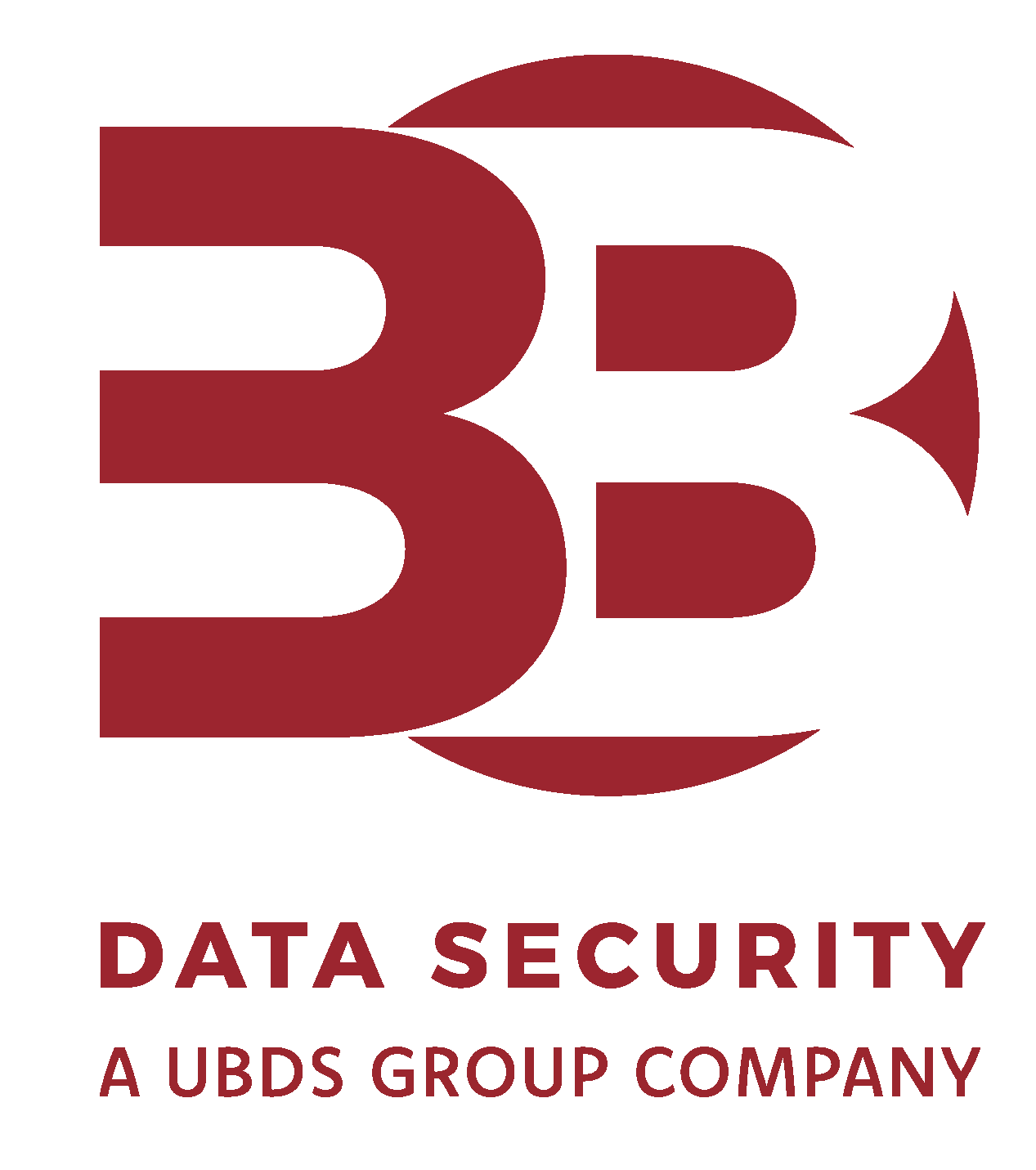3B Data Security Blog
-

Cyber Incident Exercising – Strengthening Cyber Resilience
Cyber incidents don’t wait for organisations to get prepared—and when teams haven’t rehearsed their response, panic and missteps can turn a manageable breach into a full-scale crisis. This blog explores how Cyber Incident Exercising (CIE) brings realism, pressure, and measurable performance into cyber readiness. Featuring expert insight from Andrew Bassi and real-world case studies, it…
-

48 hours After A Cyber-Attack with DFIR
When a cyber-attack strikes, every minute counts. The first 48 hours determine how much damage you suffer, how quickly you recover, and how much trust you retain. This blog reveals how Digital Forensics and Incident Response (DFIR) teams turn chaos into control—containing threats, uncovering causes, and restoring systems fast. Learn from real-world breaches why preparation…
-

Lessons from Real-World Cyber Incidents
When a phishing email disguised as a trusted vendor request slipped into a client’s inbox, it looked routine — until new joiners began sharing credentials that attackers quickly exploited. At 3B Data Security, we helped the organisation contain the threat within hours and uncover the deeper lessons behind it. In this article, we explore the…
-

IT Incident Response Plan: 5 Must-Haves for A Modern Business
In today’s fast-changing digital world, cyber incidents are inevitable — but disasters are preventable. When Cloudflare successfully mitigated a record-breaking DDoS attack in seconds, it proved that preparation is everything. This blog explores the five must-haves of a resilient Incident Response Plan (IRP) — from clear roles and real-time detection to recovery and continuous improvement.…
-

5 Common PCI DSS Compliance Mistakes (And How to Avoid Them)
PCI DSS compliance is a non-negotiable for any business that stores, processes, or transmits cardholder data. But despite the abundance of documentation and guidance out there, many organisations still fall short, not because they’re careless, but because the requirements are often misunderstood or misapplied. And when PCI compliance slips, it’s not just about ticking the…
-

What Is Cyber Incident Response? A Beginner’s Guide
These days, a cyber attack isn’t a distant risk, it’s something most businesses will face sooner or later. Whether it’s ransomware, a phishing scam, or a data breach, incidents are becoming more common, complex, and costly. The real question isn’t if something goes wrong, it’s when, and how fast you respond. That’s where a well-prepared…
-

Cyber Incident Response Checklist: What to Do in the First 24 Hours
The first 24 hours of a cyber incident are not just about firefighting. They’re about acting fast, staying clear-headed, and following a structured plan. Whether you’ve just spotted a problem or you’re preparing in advance, this checklist will walk you through the exact steps to take once a breach is discovered, from isolation and containment…
-

How to Respond to a Ransomware Incident
Ransomware has become one of the most disruptive cyber threats facing UK organisations today, and it’s not just an IT problem anymore. From financial penalties and regulatory reporting requirements to operational downtime and reputational damage, the impact of an attack goes well beyond encrypted files and ransom notes. Yet, many organisations still don’t know what…
-

PCI DSS Compliance FAQs: What Businesses Need to Know
PCI DSS isn’t just a technical standard. It’s a business-critical framework that helps protect your organisation, and your customers, from the serious risks tied to handling cardholder data. But despite being a well-established standard, many UK businesses still find PCI DSS confusing, overly complex, or just plain hard to keep on top of. Whether you’re…
-

How to Get Started with PCI DSS Compliance: A Step-by-Step Guide
How To Get Started With PCI DSS Compliance The Payment Card Industry Data Security Standard (PCI DSS) is a set of security standards designed to ensure that all companies that accept, process, store, or transmit payment card information maintain a secure environment. In essence, PCI DSS is crucial for safeguarding payment card data, ensuring secure…





